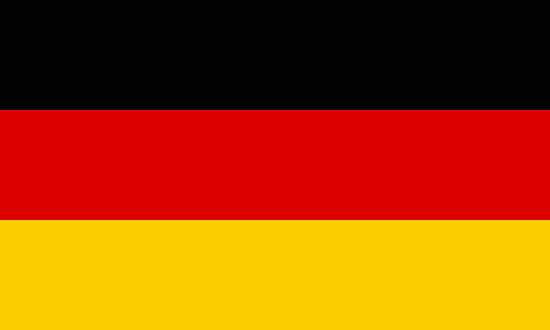"Leipzig kommt voran | Leipzig is moving forward"
About:
Leipzig, Germany, was first documented in 1015 and received city and market rights in 1165. It became a major economic center in the Holy Roman Empire and later a hub of the European Enlightenment. Leipzig was severely damaged in World War II, then became a major industrial city in East Germany. After German reunification in 1990, Leipzig underwent significant change with the restoration of historical buildings and development of a modern economy. Today, it's a vibrant cultural and economic center.
When to visit:
Leipzig, located in the eastern part of Germany, experiences a temperate seasonal climate with warm summers and cold winters. The best time to visit Leipzig for a holiday is during the late spring to early autumn, specifically from May to September. During this period, the weather is generally pleasant, with mild temperatures and longer daylight hours, ideal for exploring the city's numerous attractions. Be sure to check the local events calendar as Leipzig hosts a variety of festivals and cultural events throughout the year that may enhance your holiday experience.
When to avoid:
Leipzig, located in the eastern part of Germany, experiences its peak tourist season during the summer months from June to August. However, the worst time to travel to Leipzig on a holiday would be during the winter months from December to February. The city's cold and damp weather during this time can make sightseeing and outdoor activities less enjoyable. Additionally, many tourist attractions and outdoor markets may be closed or have limited hours during the winter season. Travelers looking to avoid the crowds and unfavorable weather should consider visiting Leipzig during the shoulder seasons in spring or fall.
Winter (Dec-Feb)
Leipzig's coldest season is from November to March, with January being the chilliest month, averaging -1°C. The city gets covered in a blanket of snow, making it a winter wonderland. Rainfall is moderate, averaging 40mm per month. Sunlight is scarce, with an average of 2 hours per day. The sky is often overcast, contributing to the cold, grey atmosphere. An average day for a visitor involves bundling up in warm clothes and enjoying indoor attractions like museums, concerts, and cozy cafés.
"Leipzig Summer (June-August)"
In Leipzig, Germany, the warmest part of the year falls from June to August, known as the summer season. During this period, the average high temperatures range between 22°C to 25°C (72°F to 77°F), while the average low temperatures hover around 12°C to 14°C (54°F to 57°F).
Rainfall is relatively moderate, with monthly averages between 60mm to 70mm. Despite the occasional showers, the summer season in Leipzig is generally sunny, with an average of 7 to 8 hours of sunlight per day.
Humidity levels range from mild to moderately high, but the warm temperatures usually balance it out, preventing the atmosphere from feeling too muggy. However, there might be some days when the humidity is higher, making the temperature feel a bit warmer than it actually is.
As for cloudiness, Leipzig experiences partly cloudy conditions during the summer. While there are plenty of clear, sunny days, there are also days when the sky is partially covered with clouds.
For a visitor, a typical summer day in Leipzig would feel warm and pleasant, perfect for outdoor activities. The mornings and evenings are cooler, ideal for leisurely walks or alfresco dining. Afternoons can get a bit warmer, so it's a good time for indoor activities or enjoying a cold drink in one of the city's many beer gardens. The occasional rain might require carrying an umbrella or raincoat, but it usually doesn't last long and often brings a refreshing change from the warmth.
Language:
In Leipzig, the most commonly spoken language is German, as it is the official language of Germany. However, due to its status as a major cultural and educational center, English is also widely spoken, particularly among the younger population and academia. Additionally, other languages such as Russian, Turkish, and Arabic can be heard due to the city's diverse immigrant population.




